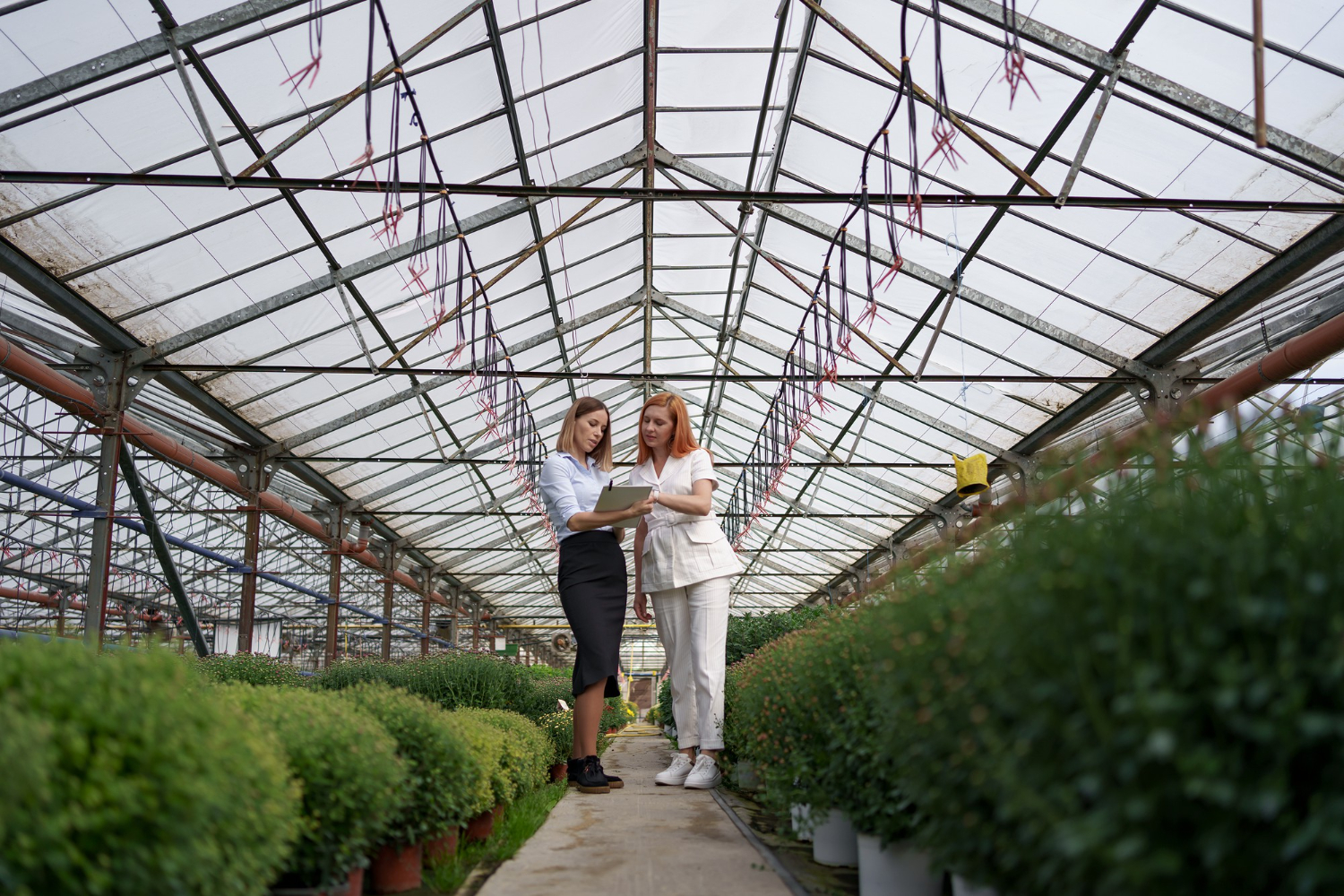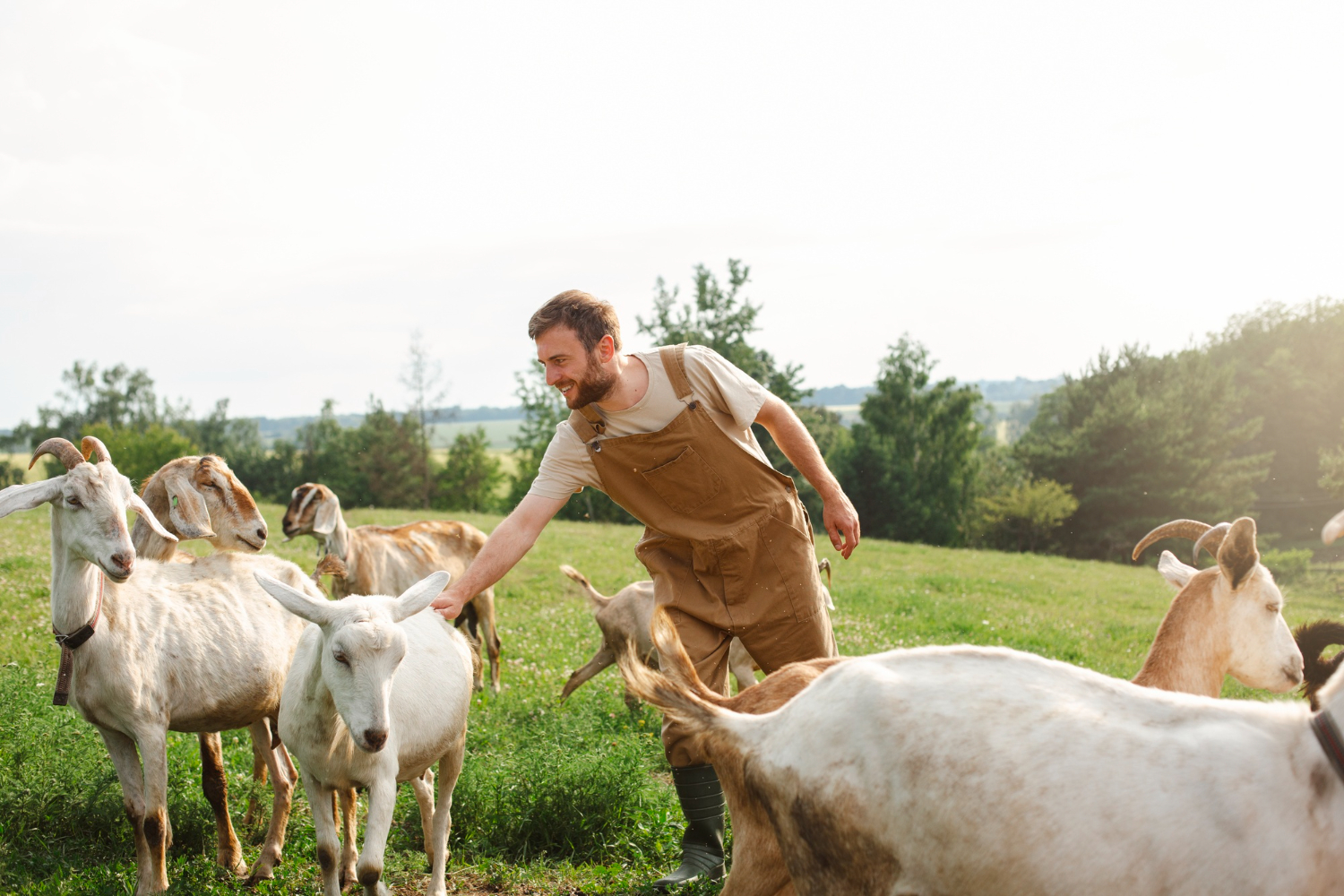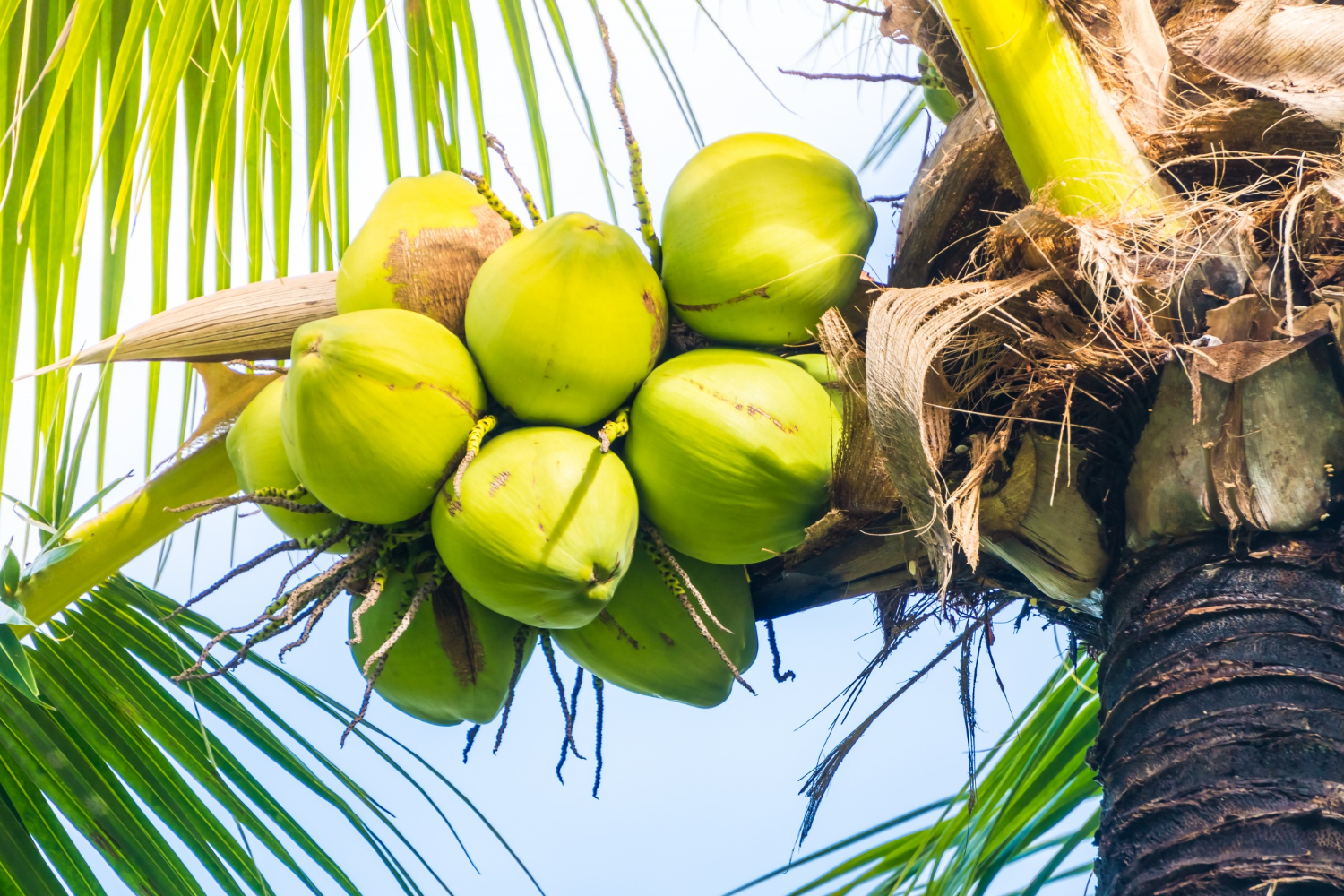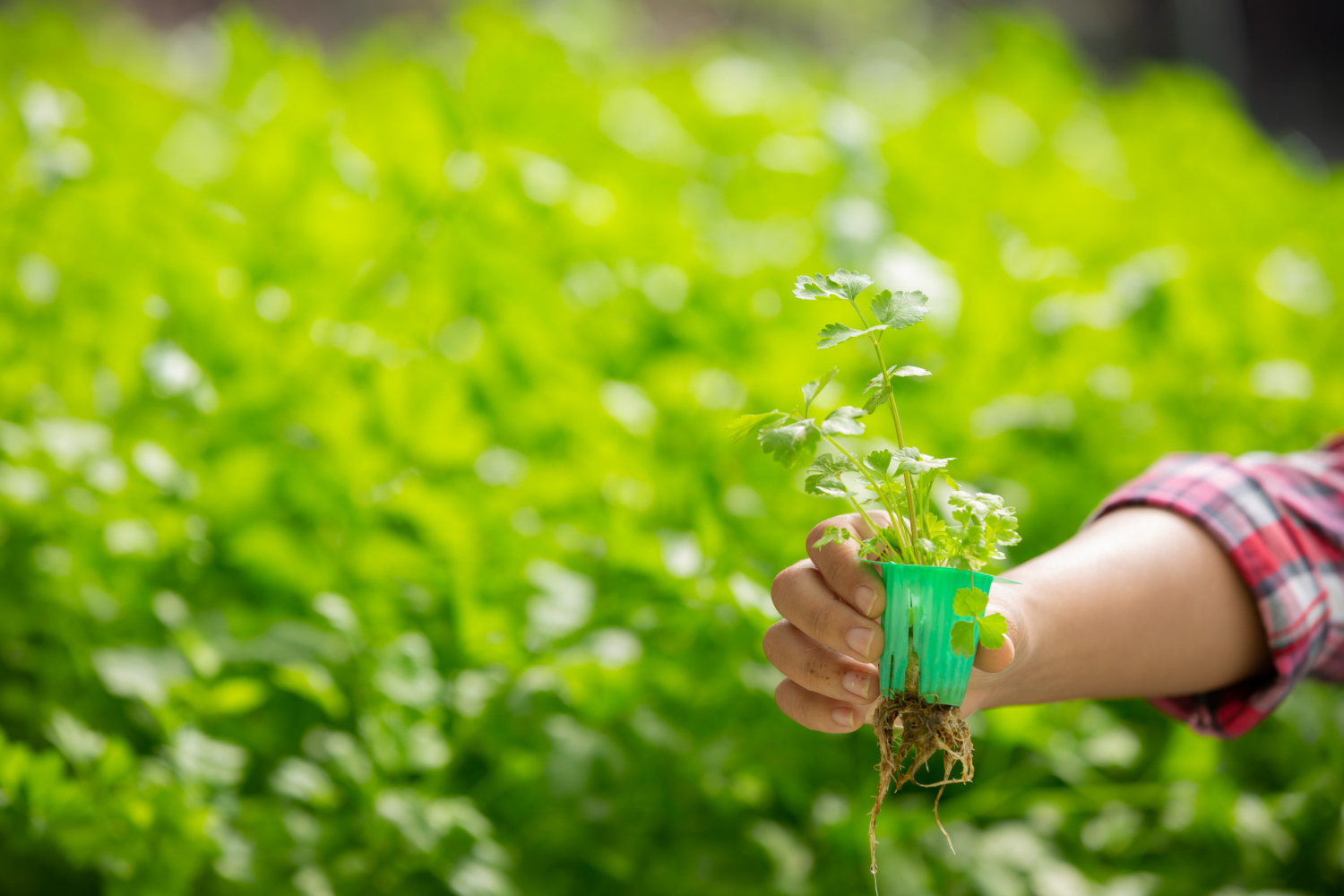Coconut Development Board (CDB)
The (CDB) is a statutory body under the Ministry of Agriculture and Farmers Welfare, Government of India. It was established with the aim of promoting the integrated development of coconut cultivation and industry in India. The Board works to improve the production, productivity, processing, and marketing of coconuts, thus supporting the livelihoods of millions of coconut farmers.
The objective of the Scheme is to promote the holistic growth of the horticulture sector, which includes fruits, vegetables, cashew and cocoa, mushrooms, spices, flowers, aromatic plants, and root and tuber crops.
OBJECTIVES
The primary objective of the Coconut Development Board is to promote the overall development of the coconut sector in India. This includes increasing the area under coconut cultivation, improving productivity, and promoting the processing and marketing of coconut and coconut-based products.Expansion of Area Under Coconut Cultivation: Increasing the cultivation of coconuts in both traditional and non-traditional areas.
- Productivity Improvement: Enhancing productivity through scientific farming practices, quality planting materials, and integrated pest management.
- Replanting and Rejuvenation: Supporting farmers in replanting old and senile palms with high-yielding varieties and rejuvenating existing gardens.
- Processing and Value Addition: Promoting the development of coconut-based industries and encouraging value-added products.
- Marketing and Export Promotion: Facilitating the marketing and export of coconut and coconut products.
Benefits
Financial Assistance:
- Subsidies: Financial assistance is provided for the development of coconut cultivation, replanting, and rejuvenation of old gardens.
- Processing Units: Support for establishing coconut processing units, including those for value-added products.
- Marketing Support: Assistance in marketing coconut products, both domestically and internationally.
Technical Support:
- Training Programs: The Board organizes training programs for farmers, entrepreneurs, and extension workers on modern coconut farming and processing techniques.
- Research and Development: The Board supports research on improving coconut varieties, pest control, and processing technologies.
Replanting and Rejuvenation:
- Financial assistance is provided to replace old, low-yielding coconut palms with high-yielding varieties, as well as to rejuvenate existing coconut plantations.
Market Access:
- The Board facilitates access to domestic and international markets for coconut and coconut products, including participation in trade fairs and exhibitions.
Support for Coconut-Based Industries:
- Encouragement for setting up small and medium enterprises (SMEs) focused on coconut processing, coir production, and other value-added products.
Documents Required
To avail benefits under the Coconut Development Board’s schemes, applicants typically need to submit the following documents:
Identity Proof:
- Aadhaar Card, Voter ID, or Passport.
Address Proof:
- Utility bill, ration card, or bank statement.
Land Ownership Documents:
- Proof of ownership or lease agreement for the land where coconut cultivation or processing is planned.
Bank Account Details:
- Passbook or bank statement to facilitate financial transactions.
Project Proposal:
- A detailed project report (DPR) for the activity or infrastructure for which assistance is being sought.
Quotations/Estimates:
- Quotations for planting materials, equipment, or processing units to be procured under the scheme.
Photographs:
- Recent passport-sized photographs of the applicant.
Caste Certificate:
- If applying under any reserved category.
Registration Documents:
- If the applicant is a cooperative society or an organization, relevant registration documents are required.
Coconut Development Board (CDB)
-
CDB
- Objectives
- Benefits
- Documents
The (CDB) is a statutory body under the Ministry of Agriculture and Farmers Welfare, Government of India. It was established with the aim of promoting the integrated development of coconut cultivation and industry in India. The Board works to improve the production, productivity, processing, and marketing of coconuts, thus supporting the livelihoods of millions of coconut farmers.e objective of the Scheme is to promote the holistic growth of the horticulture sector, which includes fruits, vegetables, cashew and cocoa, mushrooms, spices, flowers, aromatic plants, and root and tuber crops.
The primary objective of the Coconut Development Board is to promote the overall development of the coconut sector in India. This includes increasing the area under coconut cultivation, improving productivity, and promoting the processing and marketing of coconut and coconut-based products.
Expansion of Area Under Coconut Cultivation: Increasing the cultivation of coconuts in both traditional and non-traditional areas.
- Productivity Improvement: Enhancing productivity through scientific farming practices, quality planting materials, and integrated pest management.
- Replanting and Rejuvenation: Supporting farmers in replanting old and senile palms with high-yielding varieties and rejuvenating existing gardens.
- Processing and Value Addition: Promoting the development of coconut-based industries and encouraging value-added products.
- Marketing and Export Promotion: Facilitating the marketing and export of coconut and coconut products.
Financial Assistance:
- Subsidies: Financial assistance is provided for the development of coconut cultivation, replanting, and rejuvenation of old gardens.
- Processing Units: Support for establishing coconut processing units, including those for value-added products.
- Marketing Support: Assistance in marketing coconut products, both domestically and internationally.
Technical Support:
- Training Programs: The Board organizes training programs for farmers, entrepreneurs, and extension workers on modern coconut farming and processing techniques.
- Research and Development: The Board supports research on improving coconut varieties, pest control, and processing technologies.
Replanting and Rejuvenation:
- Financial assistance is provided to replace old, low-yielding coconut palms with high-yielding varieties, as well as to rejuvenate existing coconut plantations.
Market Access:
- The Board facilitates access to domestic and international markets for coconut and coconut products, including participation in trade fairs and exhibitions.
Support for Coconut-Based Industries:
- Encouragement for setting up small and medium enterprises (SMEs) focused on coconut processing, coir production, and other value-added products.
To avail benefits under the Coconut Development Board’s schemes, applicants typically need to submit the following documents:
Identity Proof:
- Aadhaar Card, Voter ID, or Passport.
Address Proof:
- Utility bill, ration card, or bank statement.
Land Ownership Documents:
- Proof of ownership or lease agreement for the land where coconut cultivation or processing is planned.
Bank Account Details:
- Passbook or bank statement to facilitate financial transactions.
Project Proposal:
- A detailed project report (DPR) for the activity or infrastructure for which assistance is being sought.
Quotations/Estimates:
- Quotations for planting materials, equipment, or processing units to be procured under the scheme.
Photographs:
- Recent passport-sized photographs of the applicant.
Caste Certificate:
- If applying under any reserved category.
Registration Documents:
- If the applicant is a cooperative society or an organization, relevant registration documents are required.








